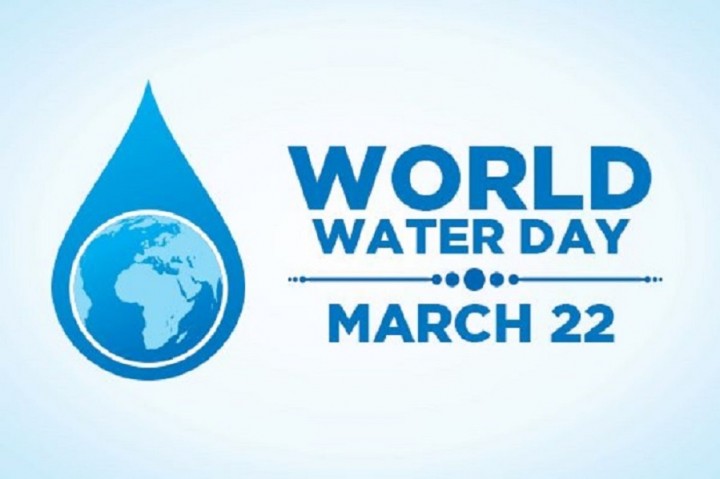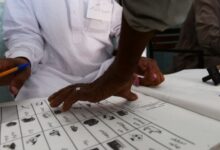World Water Day 2023: The Importance of Water Conservation in Pakistan

World Water Day is observed every year on March 22 to raise awareness about the importance of water and the need for sustainable management of this critical resource. This year’s theme is “Valuing Water,” which emphasizes the social, economic, and environmental value of water and highlights the need to prioritize equitable access to water for all.
Pakistan is among the countries facing severe water scarcity, with per capita water availability decreasing at an alarming rate. According to the Pakistan Council of Research in Water Resources (PCRWR), the country may run dry by 2025 if corrective measures are not taken. This makes World Water Day particularly relevant to Pakistan, where water is a vital resource for agriculture, industry, and daily life.
Pakistan’s Water Challenges
Pakistan’s water challenges are multifaceted, including population growth, urbanization, climate change, inefficient use of water resources, and poor water governance. The country relies heavily on its Indus River system, which provides 90 percent of its water supply, but this water source is under severe stress due to over-extraction and pollution. In addition, Pakistan’s water infrastructure is outdated and in need of significant investment to improve water storage and distribution.
The impact of water scarcity is felt across the country, particularly in rural areas where access to safe drinking water is limited. Women and children in these areas often have to walk long distances to fetch water, which takes time away from education and other productive activities. In addition, farmers who rely on irrigation for their crops are facing increasing challenges due to water shortages, with crop yields decreasing and livelihoods at risk.
Pakistan’s Response to Water Scarcity
Pakistan recognizes the importance of water and has taken several steps to address water scarcity. The government has launched various initiatives, including the National Water Policy, the National Drinking Water Policy, and the National Sanitation Policy. These policies aim to improve water governance, increase water storage capacity, promote efficient water use, and provide safe drinking water to all.
In addition, the government has initiated large-scale water infrastructure projects, such as the Diamer-Bhasha and Mohmand dams, which aim to increase water storage capacity and improve water security. The government has also launched the Prime Minister’s Clean and Green Pakistan campaign, which includes a focus on water conservation and preservation of water resources.
Civil society organizations, non-governmental organizations, and community groups are also playing a crucial role in addressing water scarcity in Pakistan. These groups are working to improve access to safe drinking water, promote sustainable use of water resources, and raise awareness about the importance of water conservation.
The Role of Individuals in Water Conservation
While government and civil society initiatives are important, individuals also have a crucial role to play in water conservation. Every person can make a difference by adopting simple measures to conserve water, such as fixing leaks, using water-efficient appliances, and reducing water use in daily activities.
In addition, individuals can support water conservation efforts by raising awareness about water scarcity and advocating for policies that prioritize sustainable water management. Educating children about the importance of water and teaching them about water conservation practices can also have a significant impact on future generations.
Water is a critical resource that is essential for human survival and development. On World Water Day, it is important to reflect on the value of water and the need to prioritize equitable access to this resource. Pakistan faces significant water challenges, but the government, civil society, and individuals can work together to address these challenges and ensure a sustainable water future for all. By valuing water and taking action to conserve this resource, we can ensure that water is available for future generations.






